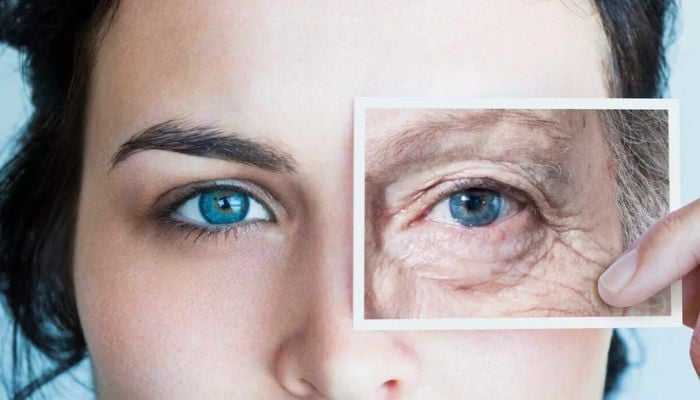Scientists are one step closer to an anti-aging breakthrough as a ground-breaking drug is being tested and if it is successful, it would become the first-ever approved treatment to slow or even stop the aging process.
The drug, which is known as an anti-necrotic, has undergone the testing as a way to stop necrosis or premature death of cells and living tissues.
According to the Cleveland Clinic, “When the cells in your tissues die, it can affect many different areas of your body, including your bones, skin and other organs. While dead body tissues can be removed, they can’t be brought back to good health.”
However, the first-of-its-kind drug on trial can offer promising hope for longevity.
Even the recent research published in the journal Oncogene has endorsed necrosis as a “pivotal mechanism” in various health problems such as cancer, kidney disease, cardiovascular, and neurodegeneration.
The researchers stated that this new drug “may also hold the key to preserving astronaut resilience and health on long-duration space missions, offering the insights that could reshape human longevity both on and off planet.”
Genesis of the unprecedented drug
The idea of the under-trial anti-necrotic drug stemmed from the study’s lead author Carina Kern, the CEO of the biotech company LinkGevity. Kern says since her childhood, she was inspired to find a way to treat or reverse necrosis when she witnessed the death of her grandmother from an age-related disease.
Prior to Kern’s ground-breaking research, scientists were clueless about the ways to intervene in the natural process of necrosis.
According to her findings, “The crux of necrosis is loss of calcium-ion gradients. Levels of calcium inside the cell are typically 10,000 to 100,000 times lower than outside. Calcium is a key signalling molecule, meaning it controls lots of different processes within your cell. So upon stress, you lose this regulation and initiate multiple pathways in a really destructive manner within the cell.”
Kern’s team has managed to identify for the first that it is possible to block necrosis, but you have to block more than one molecular target. Eventually, through this method the team has successfully suppressed 90 percent of necrosis.
Clinical trials of this anti-necrotic drug will begin later this year and will last for two to three years. The success of this drug will astonishingly open new avenues of anti-aging process.
